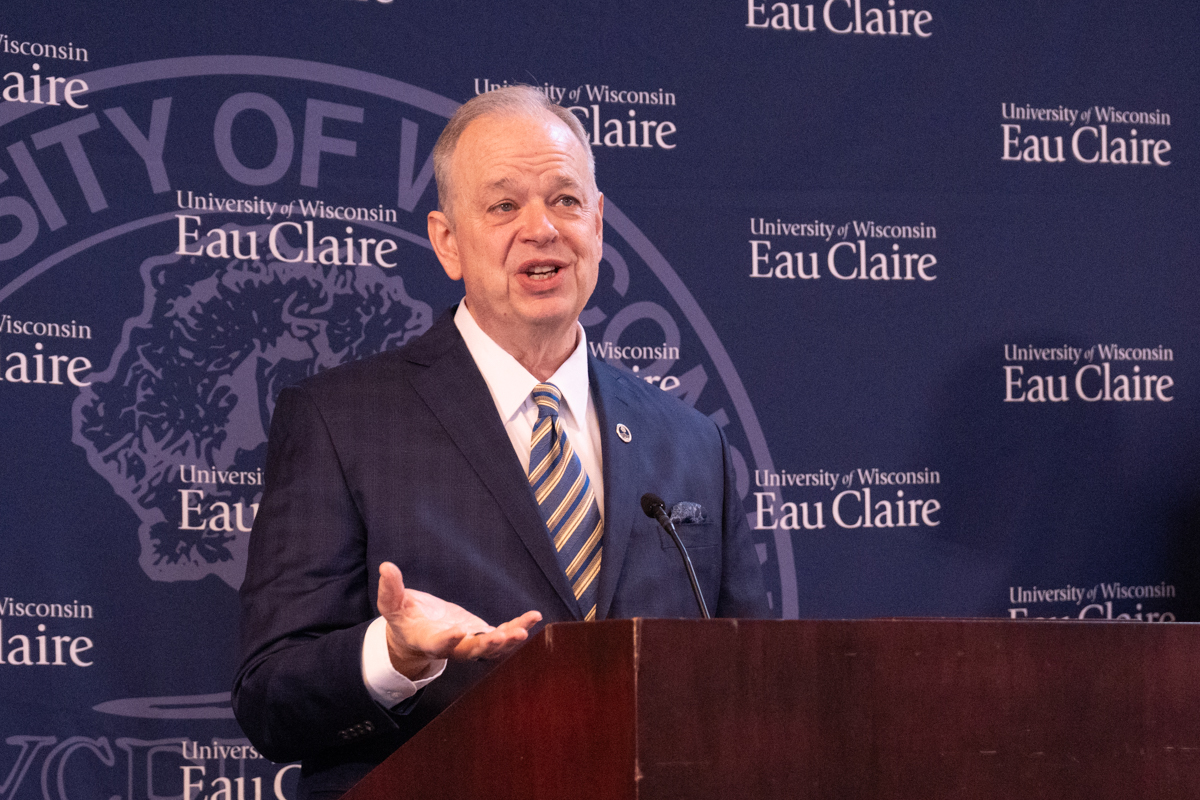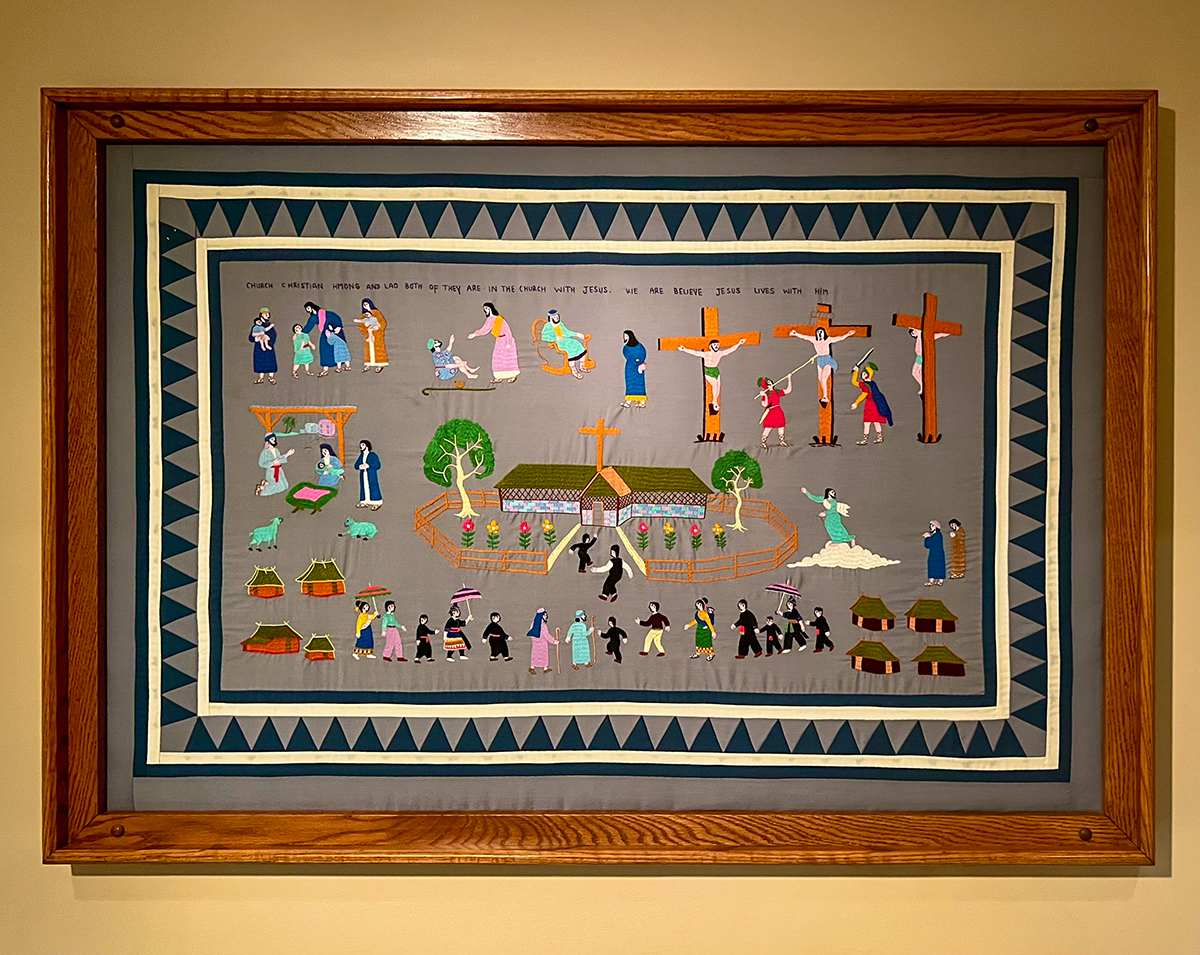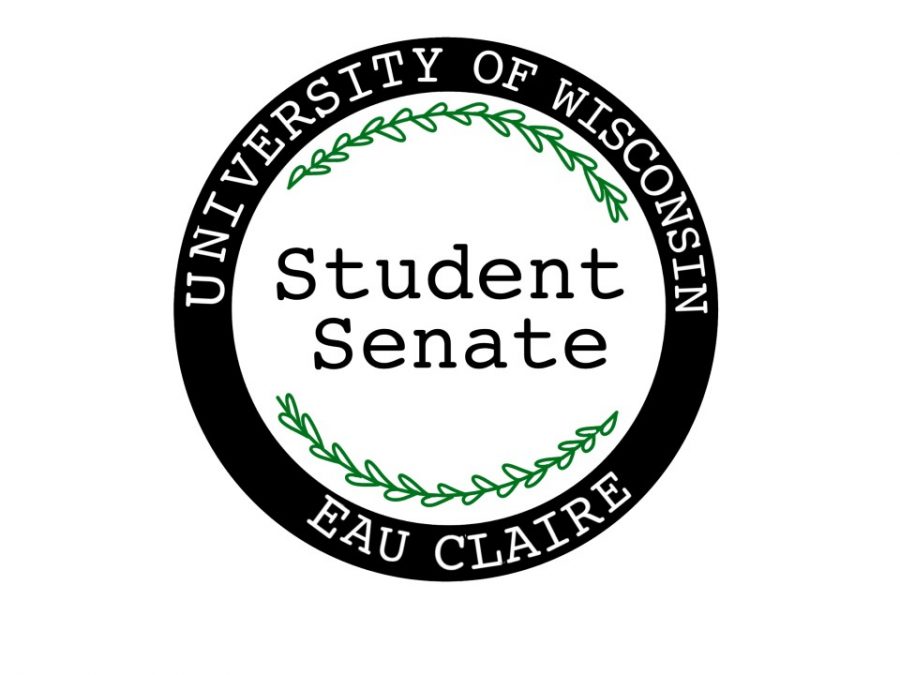Artificial Intelligence (AI) has been a hot topic for the past couple of years, but for UW-Eau Claire, the ever-changing field is a chance to be the first to bring a curriculum built around AI directly to students.
On Feb. 7, the official UW-Eau Claire website shared that the University of Wisconsin Board of Regents approved both an AI Bachelor of Science and Bachelor of Arts.
The AI program will include a certificate, minor, non comprehensive and comprehensive major.
Alex Smith, the department chair of computer science, said they are looking forward to hosting both comprehensive and non comprehensive AI majors.
“The comprehensive major is more for STEM students — it requires more math and computer science courses,” Smith said. “The other AI major we call ‘AI liberal arts’ is a 36-credit major that requires a minor.”
According to Smith, the AI liberal arts major will be more accessible to any student, with a math threshold of Math 246 (Elementary Statistics). Smith said students interested in business, humanities and social sciences can take on a double major or a minor in AI.
Smith said he wants to allow students to step back and take a look at AI from a bigger perspective within their discipline so they have specialized expertise to bring to whatever field they choose to work in.
Michael Carney, the vice chancellor for academic affairs, said the AI liberal arts major will be a great opportunity for students who want to understand AI on a deeper level but not in the context of the math behind it.
“The comprehensive major will take a deep dive into basically the computer science and math of artificial intelligence,” Carney said. “You can imagine that not everyone wants to take that huge deep dive into computer science or math but they want to know ‘what is this whole AI thing?’”
Smith said part of the curriculum that will be very important is making AI algorithms more transparent and explainable to understand the human intentions behind the technology.
“One very important course in the curriculum for all AI students is AI 350 (Human-Computer Interaction),” Smith said. “It’s a big part of AI because humans have to interact with AI, and it’s making sure that students understand the value and necessity of the out rhythms being explainable.”
According to Smith, human interaction with AI is becoming increasingly unavoidable.
“It’s going to increase, but we want to make sure as it increases that it gets better,” Smith said. “We want to make sure that throughout the curriculum we weave in ethical considerations. Making sure students understand the impact of AI on the workforce and on human individuals.”
Carney hopes that, by taking a deeper dive into AI, we can learn to understand it and use it more effectively. He wants it to become an efficiency tool rather than a job replacement.
As of right now, UW-Eau Claire does not plan to add AI courses as a requirement for any other majors, however, both Smith and Carney said they see its inclusion in the school benefiting different fields.
“Right now, I think we’re going to keep it in its own category, but, given the various options that we have, from certificate to comprehensive major, I think it allows it to be embedded in a lot of different disciplines,” Carney said.
Smith said that sociology and communications professor Peter Hart Brinson has been planning to start a course for communications and journalism majors called AI in Media, but just as an elective at the moment.
Carney said UW-Eau Claire is looking forward to the inclusion of this program and the future that being the first school to have AI majors will provide.
“We didn’t want to be late to the table. We’re the first school that actually put something together. There are two schools, Whitewater and Stevens Point, that are also wanting to put Artificial Intelligence majors before the Board of Regents,” Carney said. “Being first out of the gate was wonderful, and it got us to a point where we can start to recruit students for this right now.”
Freeman can be reached @freemaek0877@uwec.edu.







